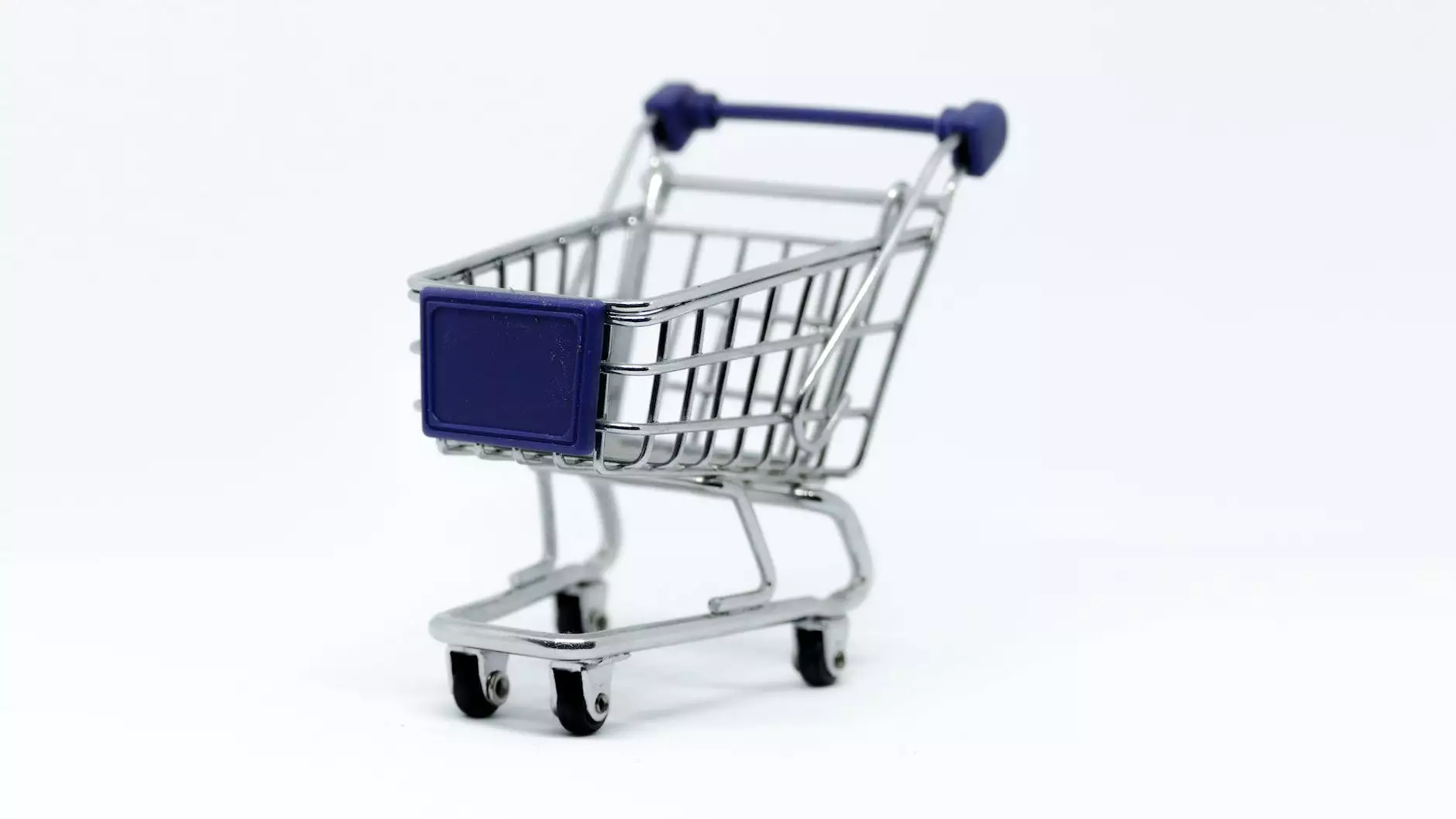Unlocking Success for b2b retailers: A Comprehensive Guide to Growing Your Business in Departments, Shopping, & Electronics

In the rapidly evolving landscape of wholesale commerce, b2b retailers are increasingly recognized as pivotal players that drive the supply chain, influence consumer trends, and shape the retail ecosystem. The ability to seamlessly connect manufacturers, suppliers, and end retailers within the domains of departments, shopping, and electronics requires a sophisticated understanding of market dynamics, innovative sourcing strategies, and technological integration. This detailed guide explores the multifaceted world of b2b retailers—highlighting their vital role, strategies for success, and ways to maximize growth in a highly competitive environment.
The Critical Role of b2b Retailers in Modern Commerce
At its core, a b2b retailer acts as an essential intermediary that bridges the gap between the producers of goods and the end consumers. Unlike traditional B2C retailing, b2b retailers operate on a scale that emphasizes volume, efficiency, and strategic partnerships. By focusing on bulk purchasing, specialized procurement, and efficient distribution channels, they enable manufacturers, brand owners, and wholesalers to reach a broader market effectively.
Key functions of b2b retailers include:
- Providing access to diverse product categories such as departments, shopping essentials, and electronic devices
- Streamlining procurement processes through digital platforms and online marketplaces
- Offering competitive pricing enabled by bulk buying and long-term supplier relationships
- Facilitating product display, promotion, and distribution within retail outlets
- Delivering valuable market insights through data analytics
- Ensuring reliable logistics and supply chain management
Exploring the Categories: Departments, Shopping, & Electronics
Understanding the core categories where b2b retailers operate is crucial for developing targeted strategies. Each category presents unique opportunities and challenges that require specialized approaches to maximize profitability and market penetration.
Departments: The Backbone of Retail Supply Chains
The department store sector encompasses a wide range of product lines, including apparel, accessories, home goods, and more. For b2b retailers serving this category, success hinges on maintaining a diversified inventory, establishing strong relationships with manufacturers, and ensuring timely replenishment. Modern digital procurement platforms facilitate bulk orders, automated inventory management, and quick response times, which are essential in this busy sector.
Shopping: Enhancing Consumer Experience & Retail Efficiency
In the shopping segment, b2b retailers focus on providing a comprehensive assortment of daily essentials, specialty items, and seasonal products. They often serve small and mid-sized retail chains, online marketplaces, and specialty stores. Strategic sourcing, competitive pricing, and superior logistics enable them to deliver superior value. Moreover, leveraging data analytics helps in predicting demand trends, optimizing stock levels, and enhancing overall shopping experience for end consumers.
Electronics: The High-Growth, Tech-Driven Market
The electronics sector represents one of the most dynamic and rapidly expanding domains within b2b retailing. This includes consumer electronics, industrial gadgets, home entertainment systems, smartphones, and computer parts. For b2b retailers, the key to thriving in electronics involves sourcing the latest products, managing complex supply chains, and ensuring adherence to technological standards and certifications. Additionally, electronic items often involve higher values, making security, warranty support, and after-sales services critical components of business strategy.
Strategies for b2b retailers to Achieve Sustainable Growth
Achieving sustainable growth as a b2b retailer requires a blend of innovative practices, customer-centric strategies, and technological advancements. Below are core areas to focus on:
1. Building Robust Supplier Networks
Establishing and maintaining strong relationships with suppliers is fundamental. This includes negotiating favorable terms, securing exclusive deals, and fostering collaborative innovation. A diverse supplier base minimizes risks associated with dependency on a single source and enables flexible procurement strategies.
2. Leveraging Digital Marketplaces
Digital platforms such as tr.b2bstore.com offer extensive marketplaces where b2b retailers can access a vast array of products across categories like departments, shopping, and electronics. Using these platforms simplifies procurement, accelerates order processing, and enhances transparency. Automated tools for order management, inventory tracking, and analytics empower retailers to operate more efficiently.
3. Emphasizing Data-Driven Decision Making
Modern b2b retailers utilize data analytics to forecast demand, optimize pricing, and identify emerging trends. This enables proactive inventory management, reduces stockouts, and aligns procurement strategies with market dynamics.
4. Embracing Innovation & Technology
Integrating cutting-edge technology such as AI, blockchain, IoT, and automation enhances operational efficiency. AI-powered chatbots and customer service tools improve client engagement, while blockchain ensures transparency and security in transactions.
5. Focusing on Customer Relationships & Service
Exceptional service levels foster loyalty and encourage repeat business. Providing tailored solutions, flexible payment options, and reliable after-sales support differentiates b2b retailers from competitors.
The Advantages of Partnering with a Leading B2B Platform: tr.b2bstore.com
Partnering with a dedicated B2B platform like tr.b2bstore.com offers numerous benefits for b2b retailers across various categories:
- Extensive Product Selection: Access thousands of quality products across departments, shopping, and electronics segments.
- Competitive Pricing: Bulk purchasing and supplier negotiations ensure the best prices in the market.
- Streamlined Procurement: User-friendly interface, real-time inventory updates, and automated order management.
- Global Reach: Global supplier network connecting you with international manufacturers and wholesalers.
- Secure Transactions: Advanced security measures protecting your financial data and transaction integrity.
- Market Insights: Data analytics tools to identify market trends and optimize your inventory and sales strategies.
Future-Proofing Your Business as a b2b retailer
Looking ahead, b2b retailers must adapt to technological innovations, shifting consumer preferences, and global supply chain dynamics. Emphasizing sustainability, adopting omnichannel strategies, and integrating artificial intelligence will define successful companies in the coming years.
Conclusion: Elevate Your b2b retailing Business Today
Whether you operate within the realms of departments, shopping essentials, or electronics, the pathway to success depends on strategic supplier relationships, technological integration, and a customer-centric approach. Platforms like tr.b2bstore.com serve as invaluable partners in this journey, offering a comprehensive ecosystem for b2b retailers aiming to scale, innovate, and dominate their respective markets.
By leveraging modern tools, embracing innovation, and focusing on building strong, mutually beneficial relationships, b2b retailers can unlock unprecedented growth opportunities and secure their position as industry leaders in the digital age.









